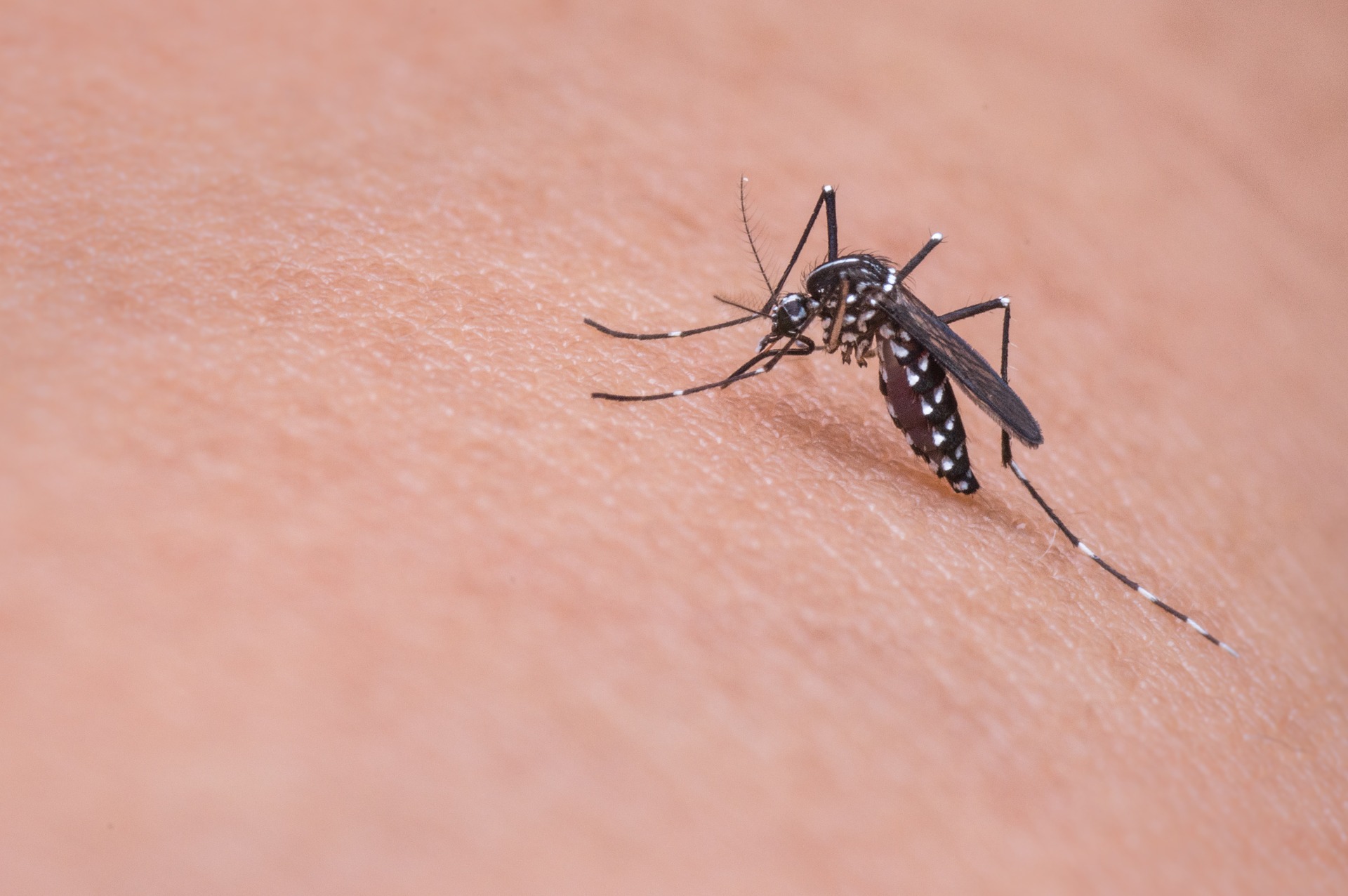Smoking During Pregnancy May Harm Daughter’s Future Fertility
A new study, presented at the 58th Annual European Society for Pediatric Endocrinology Meeting, shows that baby girls born to women who smoked during pregnancy exhibit signs of increased testosterone exposure, which might affect their future reproductive function.
Cigarette smoking during pregnancy has already be linked to multiple adverse outcomes, including premature birth. The toxins found in cigarettes are also …









